
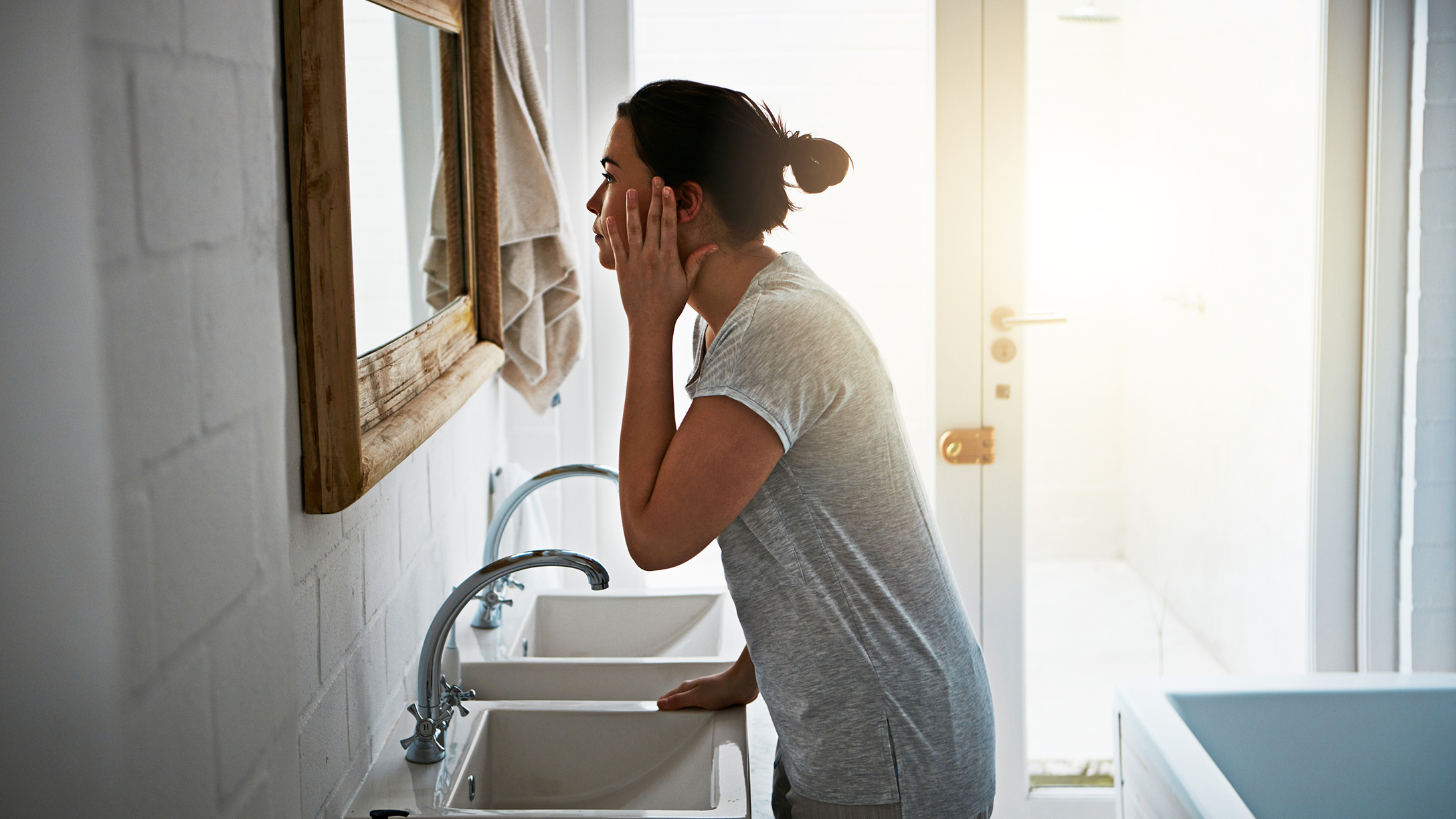
Watching for fertility signs is often a top priority for women who are trying to conceive. Moms, and experts alike, weigh in on what to look out for when trying to get pregnant.
Tracking basal body temperature is key

"I tracked my basal body temperature every morning and checked for discharge when I was supposed to be ovulating."
— Monica Greco, mom of 2
Make sex a little more, well, sexy
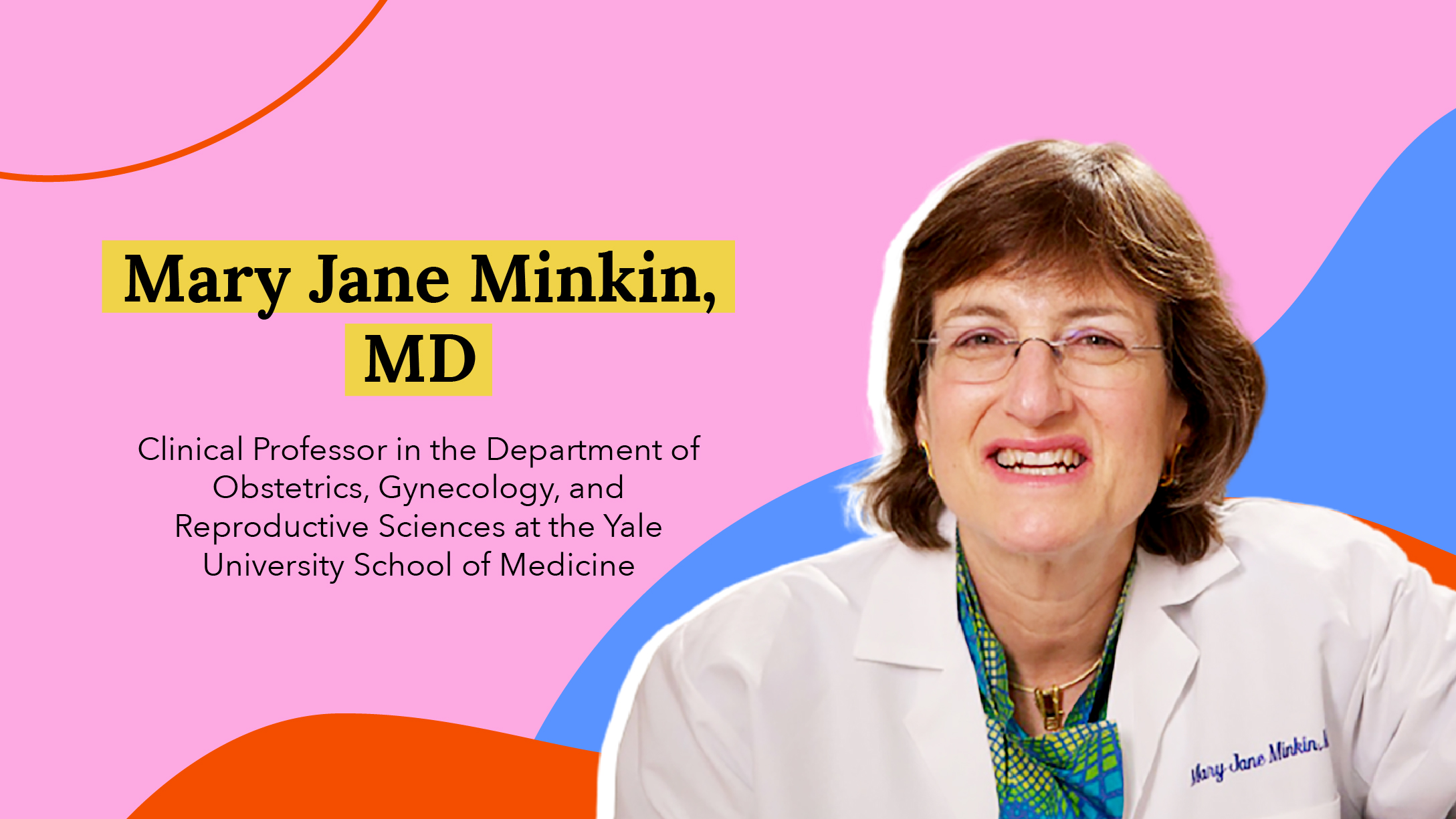
"Women can tell if and when they are ovulating by using ovulation predictor kits to pinpoint when they are most fertile.
"However, if you are trying to conceive, and know 'this is your time to have sex to optimize fertility' – sometimes lovemaking isn't too romantic. To help with lubrication, use a sperm-friendly lubricant. Pre-Seed is the best studied lubricant for sperm health (most lubricants are actually hostile to sperm activity) – Pre-Seed actually helps."
— Mary Jane Minkin, MD; clinical professor in the department of obstetrics, gynecology, and reproductive sciences at Yale University School of Medicine
'You want to feel good!'

"For me, it was feeling good. Since my first birth a decade ago, my adrenals and metabolism plummeted, and my hormones were out of whack. I also felt 'meh' for nine years no matter how healthy of a lifestyle I had. You want to feel good!"
— Veena Crownholm, mom of 2
'My hair was amazing!'

"My hair was AMAZING. I had never had it so long, so controllable, not frizzy. It was my mane, and it was quite attractive."
— Donna Bloss, mom of 4
Go digital with apps and ovulation tests
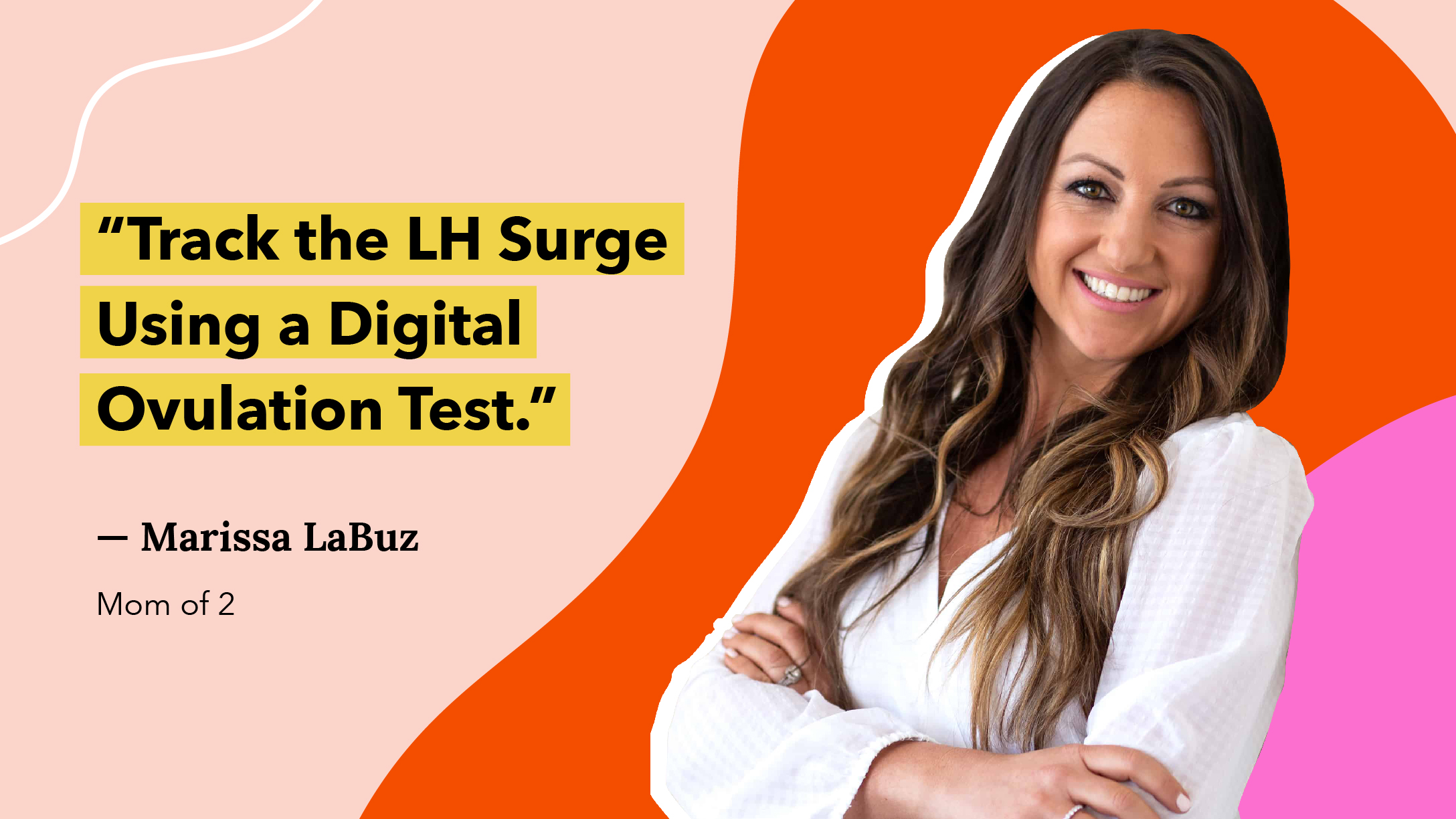
"Track the LH surge using a digital ovulation test. Check amount and consistency of cervical mucus. Take your basal body temperature. Use an app to track all of this information.
"A fertility app takes into account the average woman’s menstrual cycle in helping you determine your ovulation, but every woman is different. Along with these apps, you should use other methods of tracking your fertility to confirm your particular cycle and help you get pregnant."
— Marissa LaBuz, mom of 2
Sometimes there aren't any signs

"For me, there were no signs. I started to try to get pregnant at the age of 36, and nothing happened. Doctors couldn’t identify any problems with me physically. The only thing I heard from doctors was that I was too old and my eggs were too old.
"This is at the core of the problem: We don’t know we have a problem until we feel ready to be a mother. For us women that are never diagnosed with any physical problem, it is very frustrating."
— Diana Restrepo, mom of 1
Know your menstrual cycle
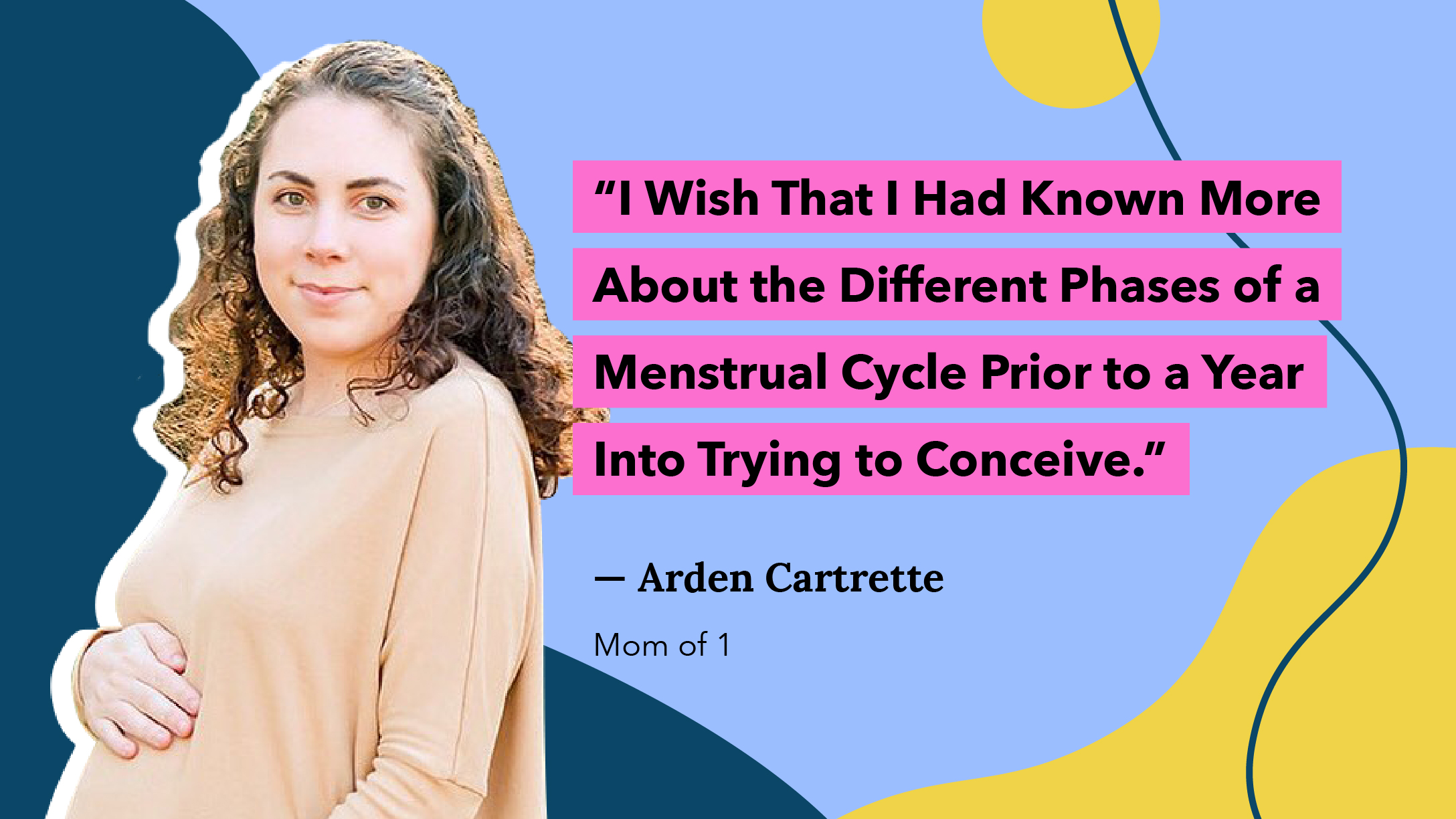
"I wish that I had known more about the different phases of a menstrual cycle prior to a year into trying to conceive. I didn't realize that ovulating later in a cycle could be harmful, and I had very little idea of how important progesterone is to get and stay pregnant."
— Arden Cartrette, mom of 1
Talk to your doctor, especially if it's taking longer than expected
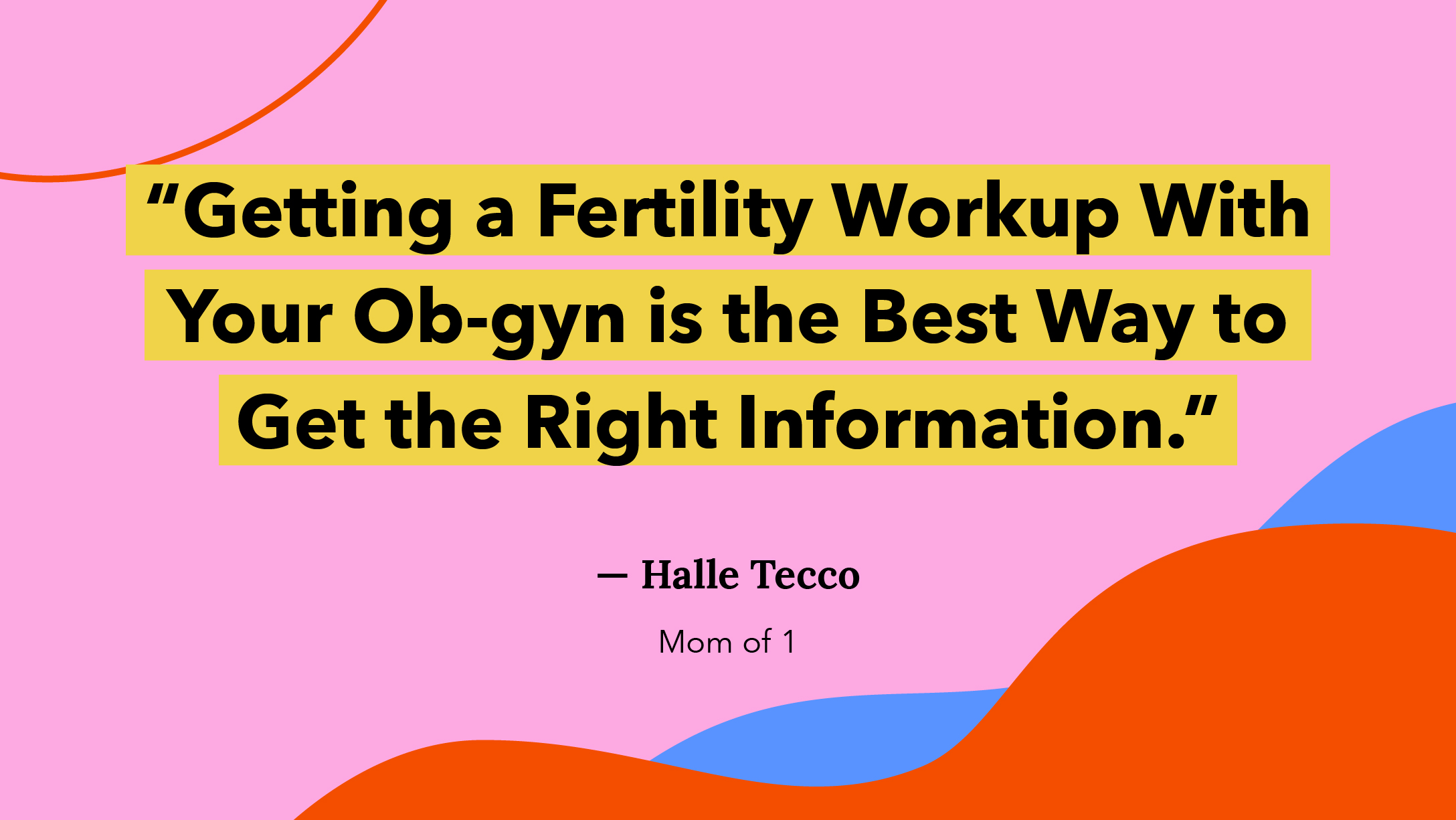
"Getting a fertility workup with your Ob-Gyn is the best way to get the right information. Even people who appear and feel perfectly healthy may have an underlying issue that makes it difficult to conceive.
"If you feel like age and lifestyle factors aren’t an issue, but conception still isn’t happening, there are some common health conditions associated with reduced fertility that could be at play. For women, the most common are endometriosis and PCOS [polycystic ovary syndrome]. If you've been trying for 12 months with no success (or six months if you're over 35), it's time to see your Ob-Gyn for a fertility workup. This will help uncover any issues that are preventing pregnancy."
— Halle Tecco, founder of Natalist and mom of 1




